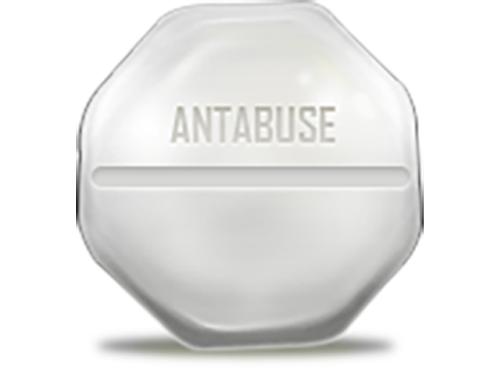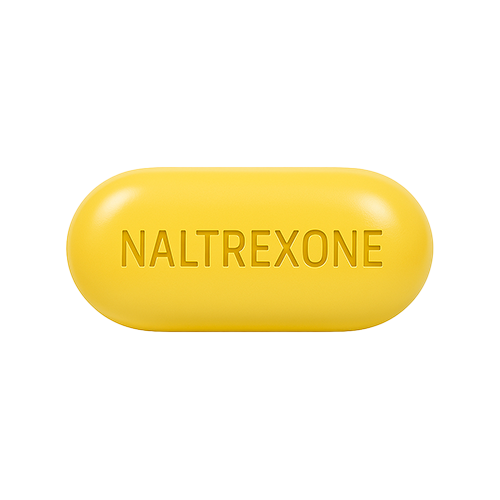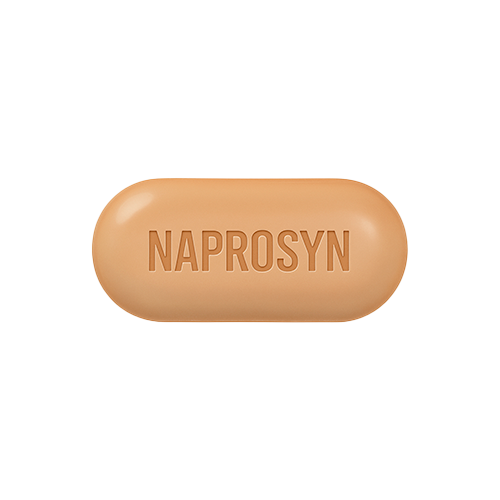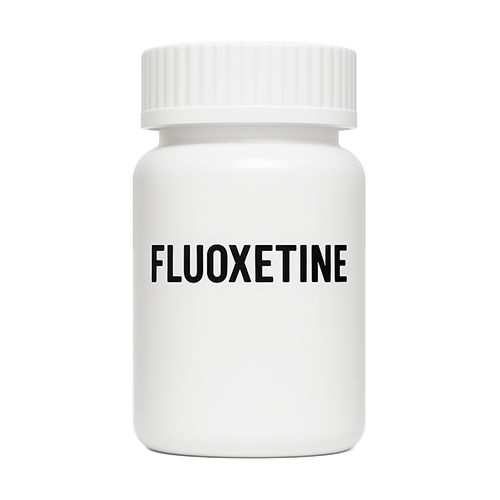Antabuse: Comprehensive Product Description
Drug Uses
Antabuse (disulfiram) is a clinically proven medication designed to support the treatment of alcohol dependence and prevent relapse in both adult and elderly patients. This anti-alcohol drug plays a crucial role in reinforcing sobriety by creating a strong physiological aversion to alcohol. It is most effective when used as part of a comprehensive treatment program that includes counseling and behavioral therapy.
By interfering with the body’s ability to metabolize alcohol, Antabuse triggers unpleasant reactions upon alcohol consumption, discouraging further drinking. It is particularly beneficial for individuals who are committed to long-term sobriety and need additional support to maintain an alcohol-free lifestyle.
How Antabuse Works
Antabuse functions by blocking the enzyme aldehyde dehydrogenase, leading to a buildup of acetaldehyde in the bloodstream whenever alcohol is consumed. This results in an immediate and severe reaction, including nausea, vomiting, flushing, headache, and palpitations. Over time, this conditioned response creates an aversion to the taste and smell of alcohol, making it easier for individuals to resist cravings and avoid relapse.
To minimize the withdrawal effects and emotional distress associated with quitting alcohol, Antabuse should be used in conjunction with psychological support and medical supervision. A tailored treatment plan significantly enhances the drug’s effectiveness in achieving long-term sobriety.
Dosage Guidelines
- Initial Dose: Antabuse is typically prescribed at an initial dose ranging between 200 mg and 500 mg per day, depending on the severity of alcohol dependence.
- Maintenance Dose: The recommended maintenance dose is 250 mg daily, and it should not exceed 500 mg per day to avoid increased risk of side effects.
Missed Dose
If a patient forgets to take an Antabuse tablet, they should take it as soon as they remember. However, if it is already time for the next scheduled dose, the missed dose should be skipped to prevent overdosing. Taking a double dose of Antabuse can lead to severe side effects and toxicity.
Additional Usage Information
Antabuse should be taken once daily, preferably in the morning after waking up. If the medication causes excessive drowsiness, it may be taken at night before bedtime.
Patients must avoid consuming alcohol for at least 24 hours before starting Antabuse to prevent immediate adverse reactions. Even small amounts of alcohol, including those found in medications, sauces, or aftershaves, can trigger severe discomfort.
Storage Instructions
Effervescent Antabuse tablets should be stored in a cool, dry place away from direct sunlight and moisture. The recommended storage temperature is below 25°C (77°F), and the medication should not be used beyond five years from its manufacturing date.
Antabuse Safety Information
Warnings & Precautions
- Patients should be informed of the potential interaction between Antabuse and alcohol-containing products, such as certain cough syrups, cooking sauces, or even cosmetic items like mouthwash and cologne.
- Individuals with liver or kidney disease should use Antabuse with extreme caution, as the drug may exacerbate these conditions.
- Concurrent use of Antabuse with Phenytoin may lead to toxic effects due to increased phenytoin levels in the bloodstream.
- Combining Antabuse with Isoniazid (used to treat tuberculosis) may result in impaired coordination, dizziness, and mental confusion.
- The use of Antabuse alongside benzodiazepines (such as Diazepam or Chlordiazepoxide) may amplify sedative effects, leading to excessive drowsiness or slowed reflexes.
Disclaimer
The information provided about Antabuse is for educational purposes only and should not replace professional medical advice. Always consult a healthcare provider before starting or discontinuing any medication. The online pharmacy is not responsible for any adverse effects resulting from improper use of the drug.
Antabuse Side Effects
Common Side Effects
Most side effects associated with Antabuse occur during the initial phase of treatment and often resolve within 10 to 14 days. As the body adapts to the medication, these effects may lessen in intensity or disappear entirely.
- Fatigue and drowsiness
- Mood fluctuations and irritability
- Unpleasant metallic taste in the mouth
- Dermatological reactions (rash or itching)
- Tingling or numbness in extremities
- Temporary erectile dysfunction
- Breath odor changes
Serious Side Effects
In rare cases, Antabuse may cause more serious reactions that require immediate medical attention, including:
- Severe liver toxicity (indicated by yellowing of the skin or dark urine)
- Allergic reactions, such as swelling of the face or throat
- Severe mental confusion or hallucinations
- Irregular heartbeat or chest pain
Despite the potential for side effects, the benefits of Antabuse in preventing alcohol relapse outweigh the risks. Patients experiencing mild symptoms typically do not need to discontinue the medication, but severe or persistent issues should be discussed with a doctor.
Conclusion
Antabuse is an effective tool in the fight against alcohol addiction, helping individuals break free from dependency and maintain long-term sobriety. By working in combination with psychological support and lifestyle changes, this medication increases the chances of successful alcohol rehabilitation. However, proper medical guidance is essential to minimize risks and ensure the best possible outcome for patients seeking to overcome alcohol dependence.











Reviews
There are no reviews yet.